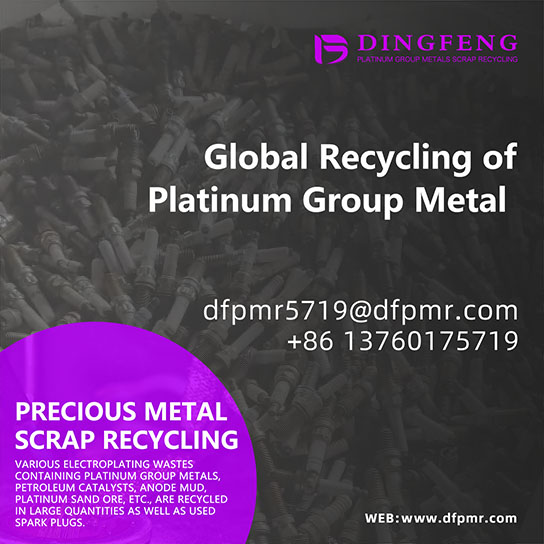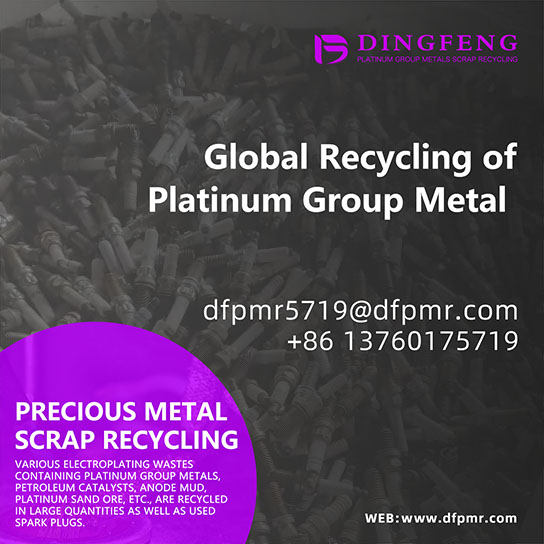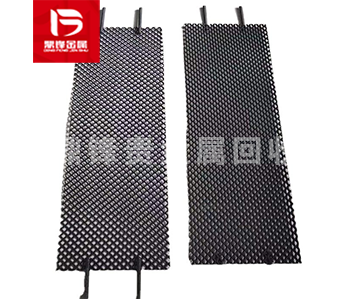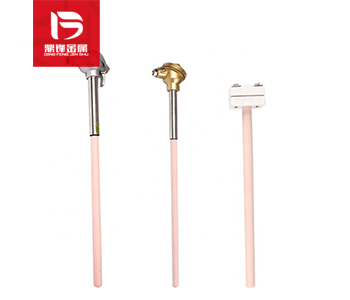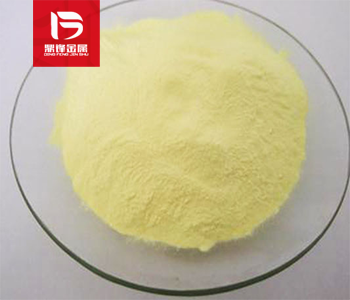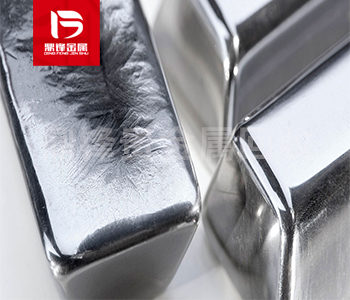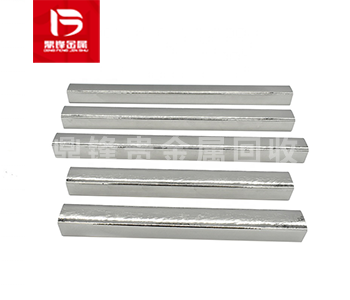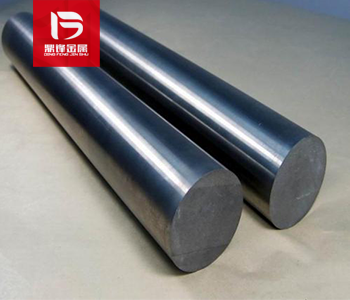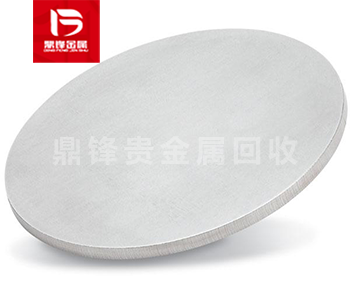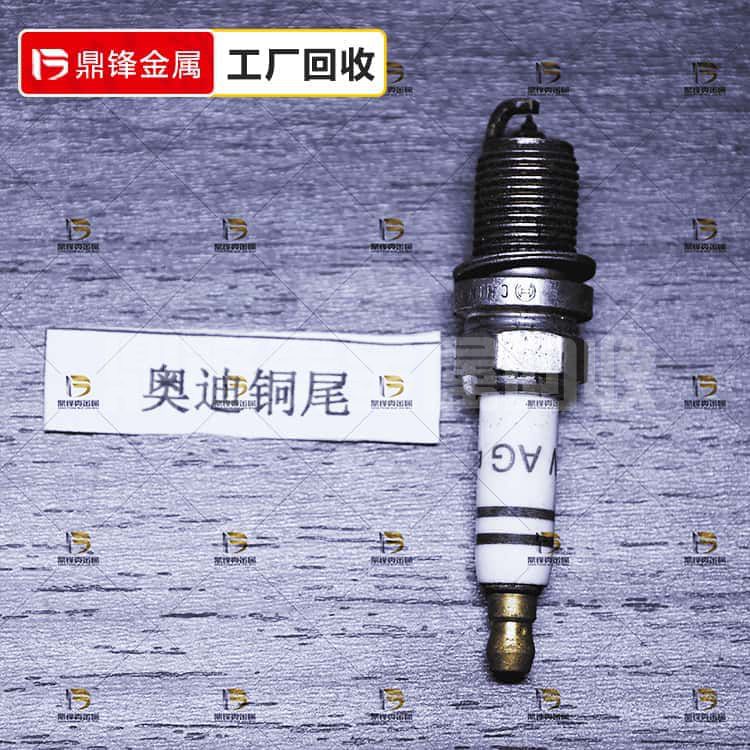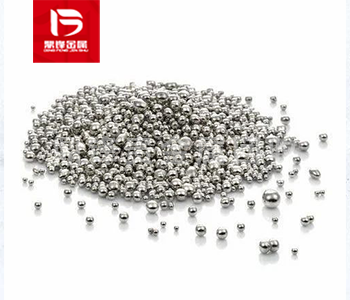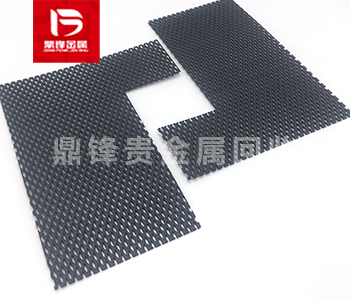Comparative Economics: Scrap Yard vs. Specialized Refiner for Platinum Group Metals (PGMs)
Platinum Group Metals (PGMs)—including platinum, palladium, rhodium, ruthenium, iridium, and osmium—are highly valuable due to their scarcity and industrial applications (e.g., catalytic converters, electronics, jewelry). When sourcing or recycling PGMs, businesses must decide between selling scrap to a general scrap yard or a specialized PGM refiner.
Product Details
Platinum Group Metals (PGMs)—including platinum, palladium, rhodium, ruthenium, iridium, and osmium—are highly valuable due to their scarcity and industrial applications (e.g., catalytic converters, electronics, jewelry). When sourcing or recycling PGMs, businesses must decide between selling scrap to a general scrap yard or a specialized PGM refiner. Below is a comparative analysis:
1. Pricing & Purity Assessment
| Factor | Scrap Yard | Specialized Refiner |
|---|---|---|
| Pricing Accuracy | May undervalue PGMs due to lack of expertise. Prices based on bulk scrap estimates. | Precise assays determine exact PGM content, maximizing payout. |
| Purity Handling | May group PGMs with lower-value metals, reducing returns. | Advanced separation techniques recover high-purity PGMs. |
| Market Transparency | Prices tied to broader scrap markets; less responsive to PGM price fluctuations. | Directly linked to LBMA (London Bullion Market) or commodity exchanges. |
Key Insight: Specialized refiners typically offer 10–30% higher returns due to accurate valuation and premium recovery rates.
2. Processing Capabilities
| Factor | Scrap Yard | Specialized Refiner |
|---|---|---|
| Technology | Basic sorting/melting; may miss trace PGMs. | Uses ICP-MS, XRF, and chemical leaching to extract even微量 PGMs. |
| Scale Efficiency | Better for large, mixed scrap volumes with low PGM concentrations. | Optimized for high-value, low-volume PGM feedstocks (e.g., spent catalysts). |
| Byproduct Recovery | Rarely recovers secondary PGMs (e.g., rhodium). | Extracts full spectrum of PGMs, including premium metals like rhodium (~$4,500/oz in 2024). |
Key Insight: Specialized refiners unlock hidden value in complex materials (e.g., auto catalysts, PCB waste).
3. Costs & Fees
| Factor | Scrap Yard | Specialized Refiner |
|---|---|---|
| Assay Fees | Minimal/no testing fees (priced as "mixed scrap"). | May charge assay fees but offset by higher recovery. |
| Transport/Logistics | Local yards reduce shipping costs. | May require secure shipping to accredited facilities. |
| Revenue Share | Quick payment but lower margins. | Payment delays (2–8 weeks) but higher final payout. |
Key Insight: For high-PGM-content scrap, refiners’ fees are justified by net gains.
4. Regulatory & Ethical Considerations
Scrap Yards: May lack traceability, risking conflict materials or illegal sourcing.
Specialized Refiners: Often comply with LBMA/RMI standards, providing chain-of-custody documentation crucial for ESG (Environmental, Social, Governance) goals.
When to Choose Each Option?
Scrap Yard: Ideal for low-PGM, high-volume scrap (e.g., mixed electronic waste) where speed > precision.
Specialized Refiner: Best for high-value PGMs (e.g., catalytic converters, jewelry sweeps) or compliance-sensitive industries.
Conclusion
While scrap yards offer convenience, specialized refiners deliver superior economics for PGM recovery. Businesses should weigh:
Material Type (concentration of PGMs),
Volume (small batches favor refiners),
Compliance Needs (e.g., ISO 14001 certification).
For maximum ROI, partnering with a certified PGM refiner (e.g., BASF, Umicore, Heraeus) is often optimal.


